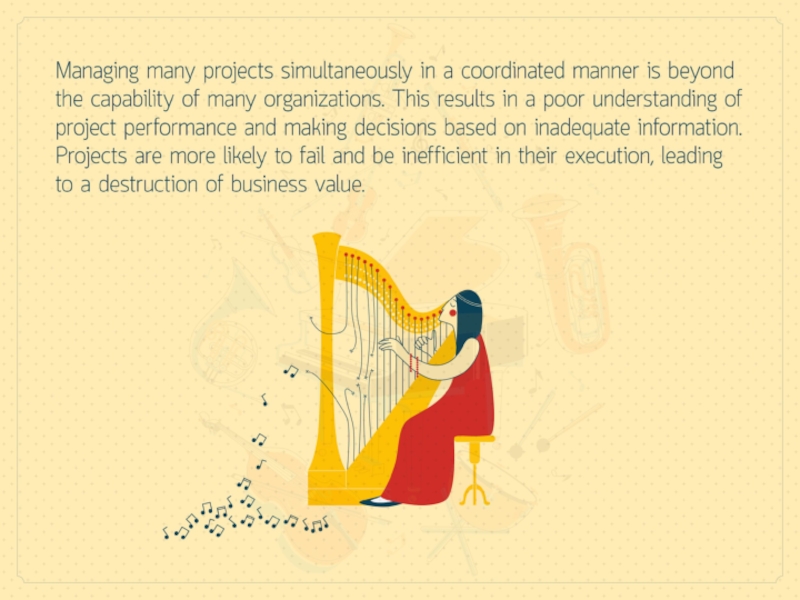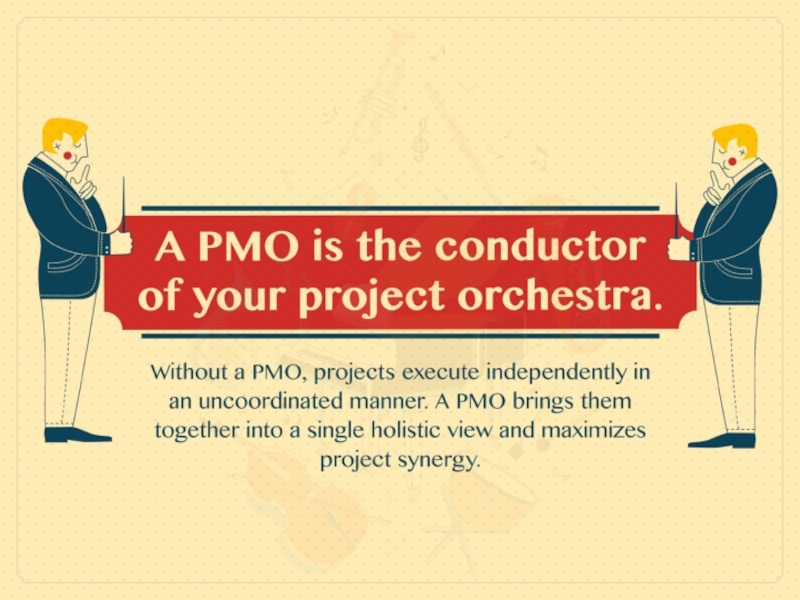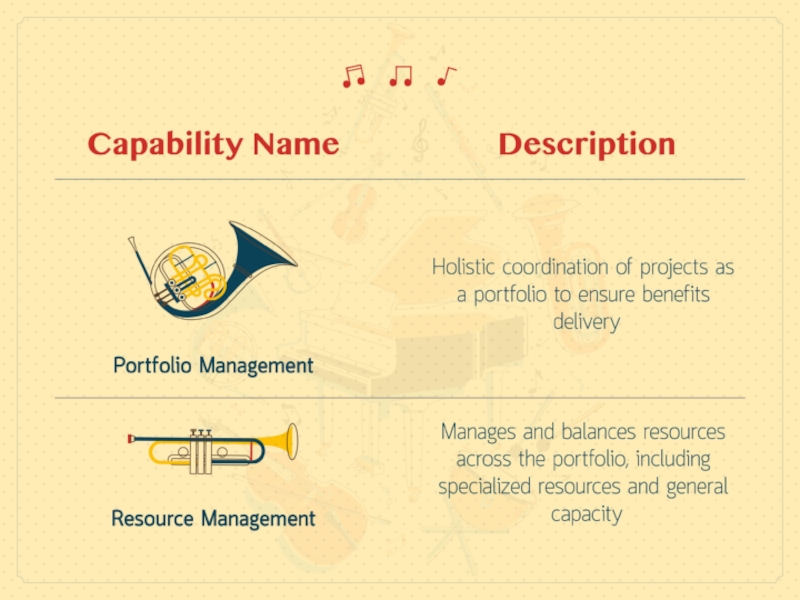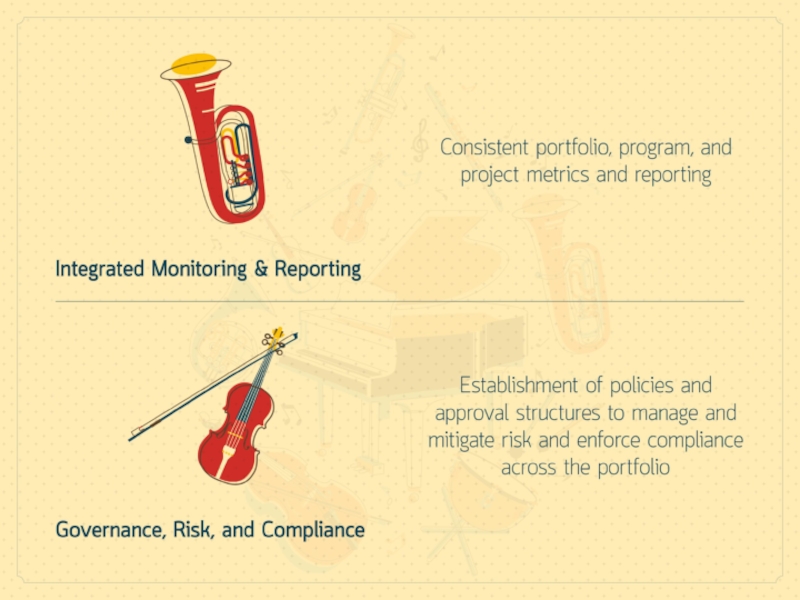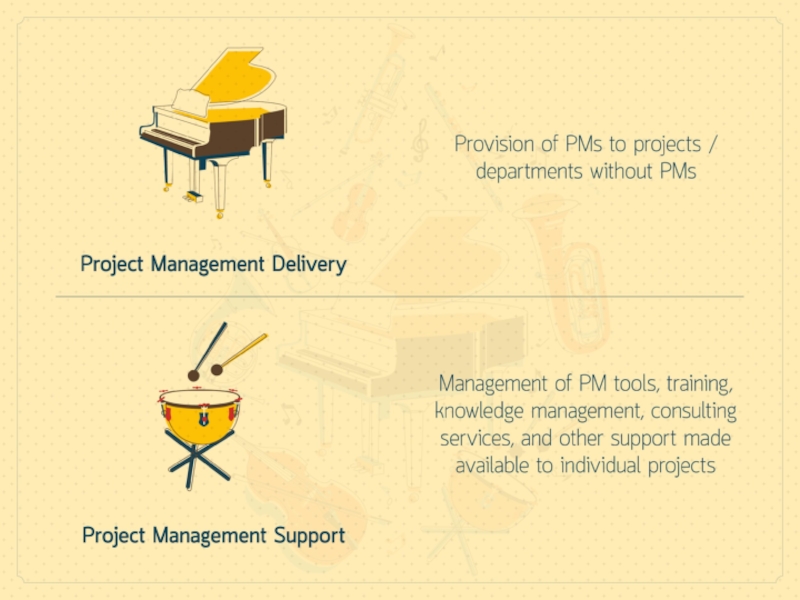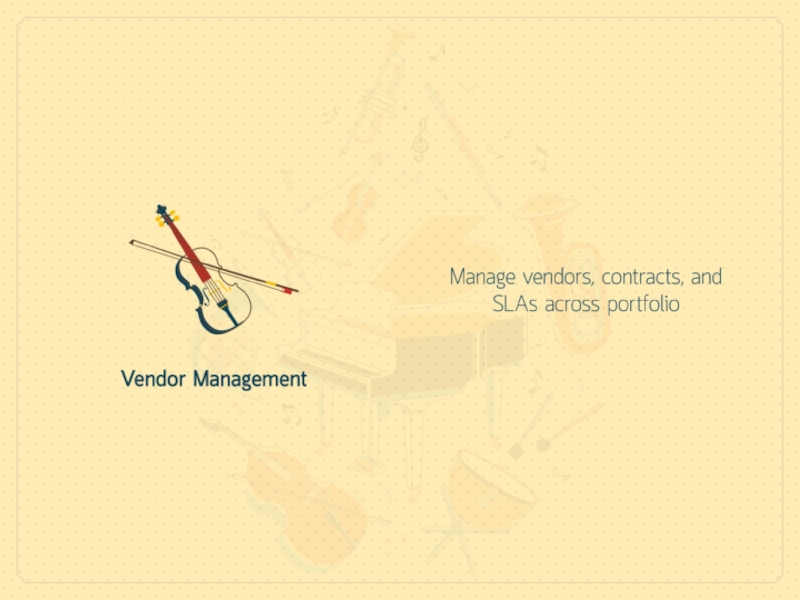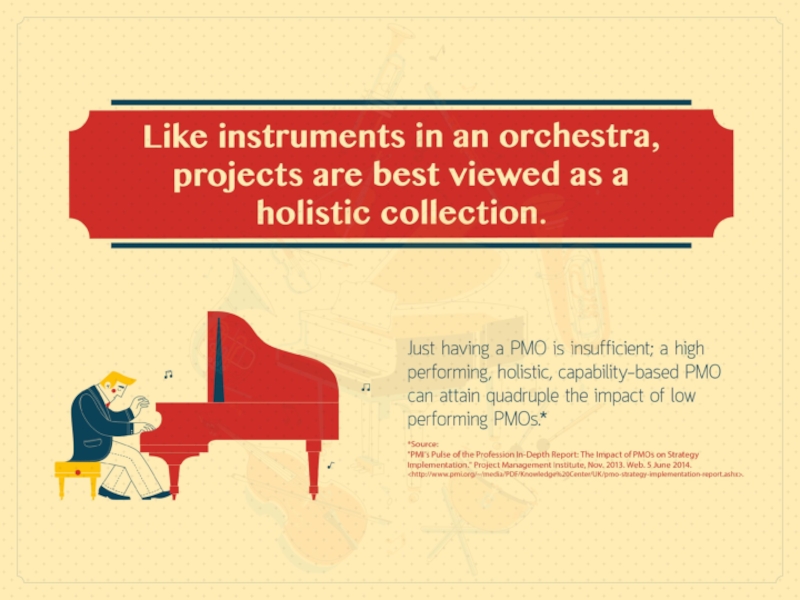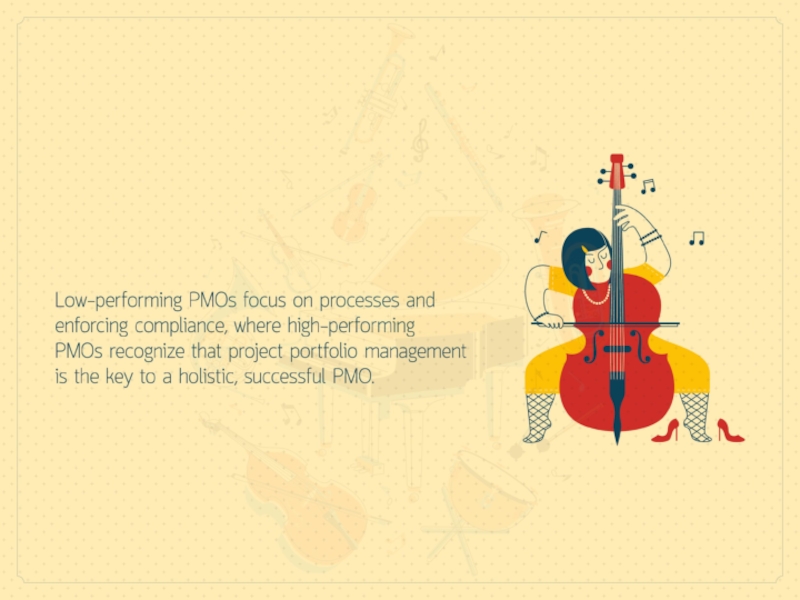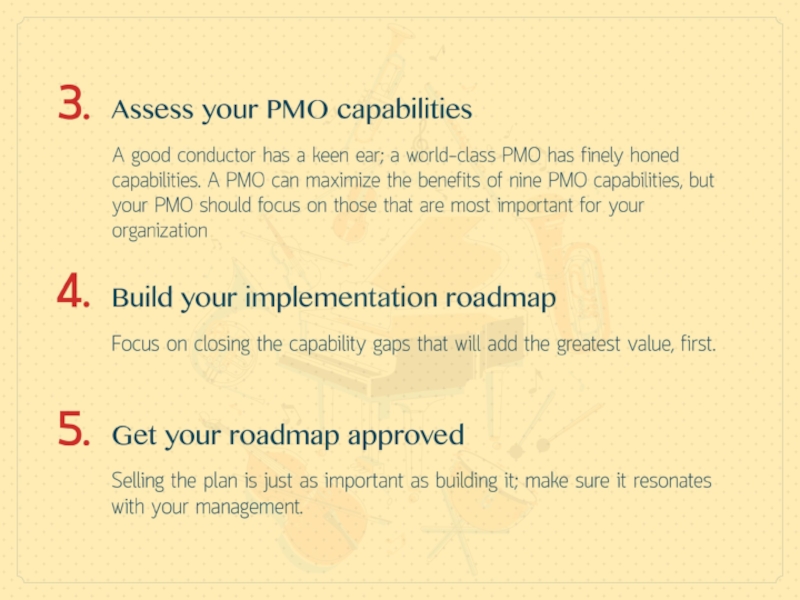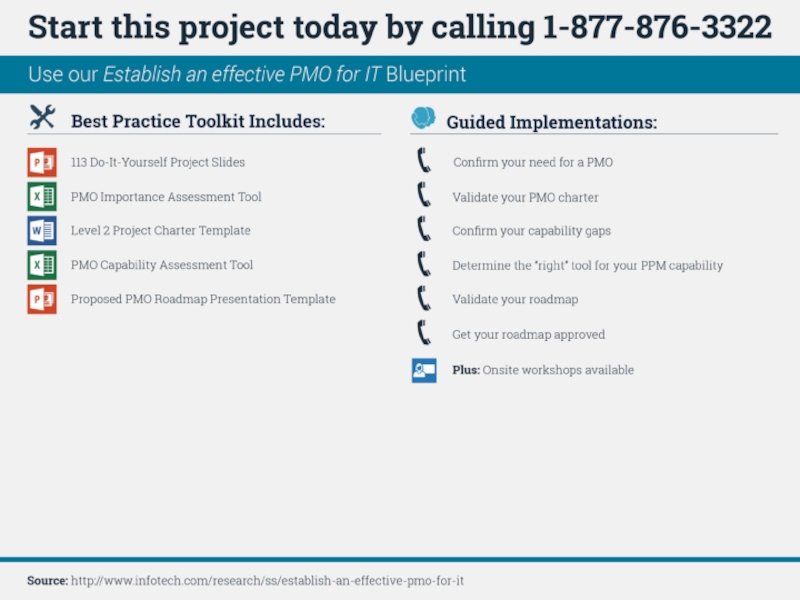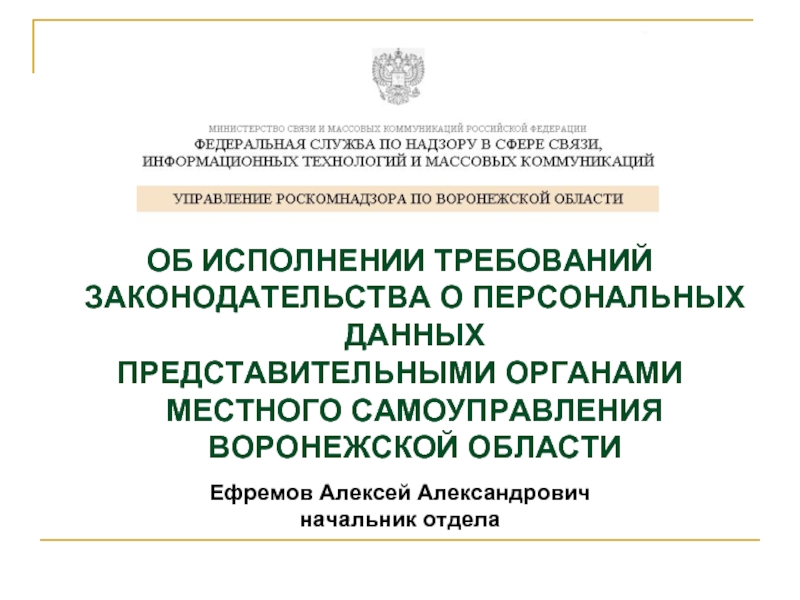Many organizations use projects as a method for achieving strategic goals. Due to the projectized nature of most IT departments, IT is often tasked with managing, executing, or delivering many projects or project components for both IT and the business.
Managing many projects simultaneously in a coordinated manner is beyond the capability of many organizations. This results in a poor understanding of project performance and making decisions based on inadequate information. Projects are more likely to fail and be inefficient in their execution, leading to a destruction of business value.
A PMO is the conductor of your project orchestra.
Without a PMO, projects execute independently in an uncoordinated manner. A PMO brings them together into a single holistic view and maximizes project synergy.
Like instruments in an orchestra, projects are best viewed as a holistic collection.
Just having a PMO is insufficient; a high performing, holistic, capability-based PMO can attain quadruple the impact of low performing PMOs.*
Low performing PMOs focus on processes and enforcing compliance, where high-performing PMOs recognize that project portfolio management is the key to a holistic, successful PMO.
*Source:
"PMI's Pulse of the Profession In-Depth Report: The Impact of PMOs on Strategy Implementation." Project Management Institute, Nov. 2013. Web. 5 June 2014.


